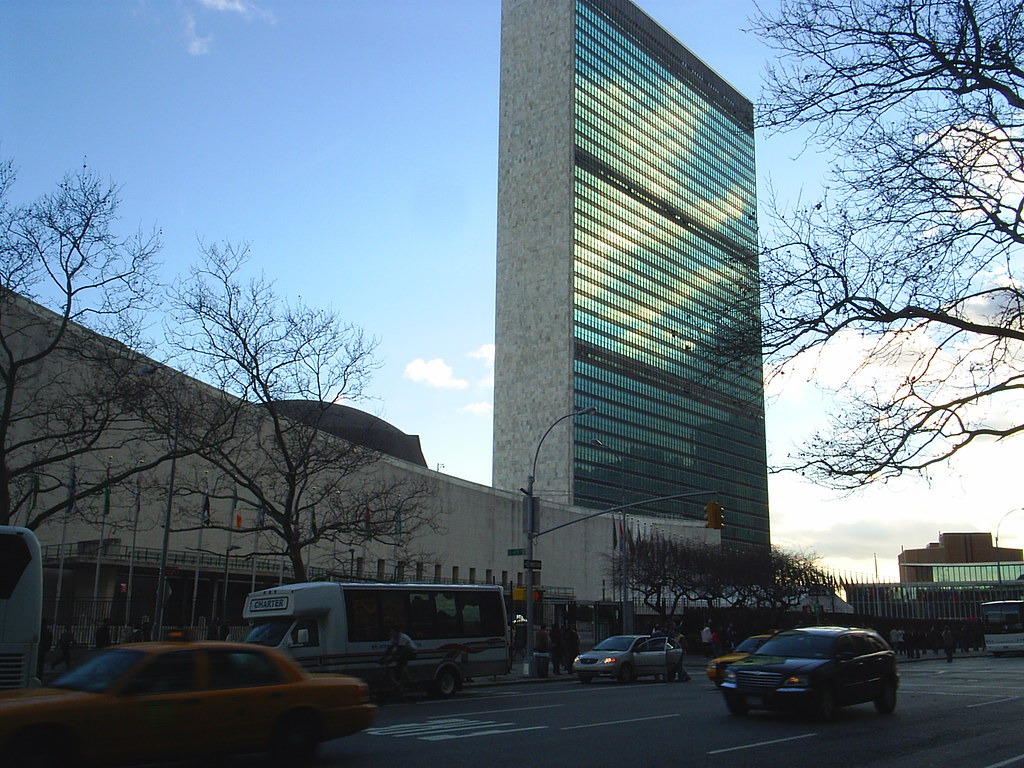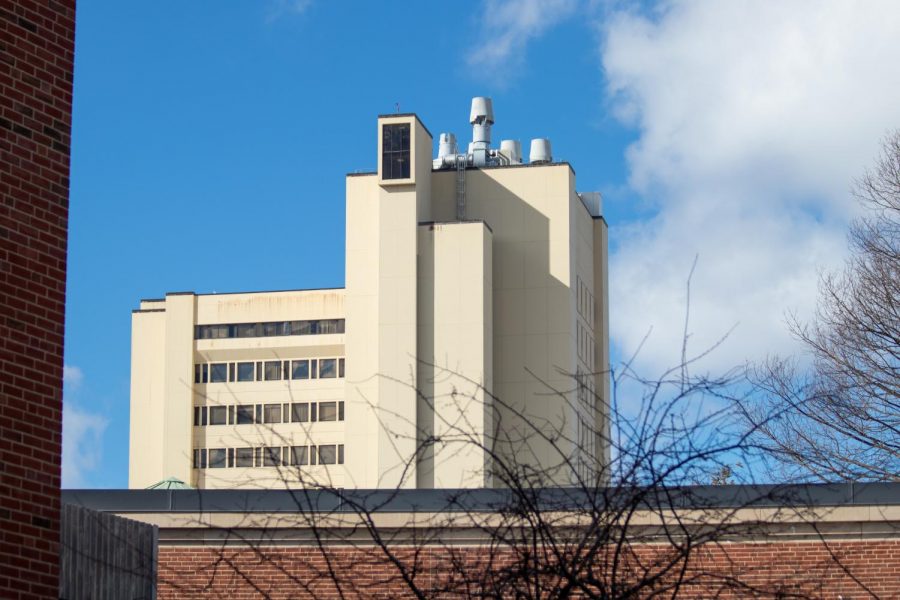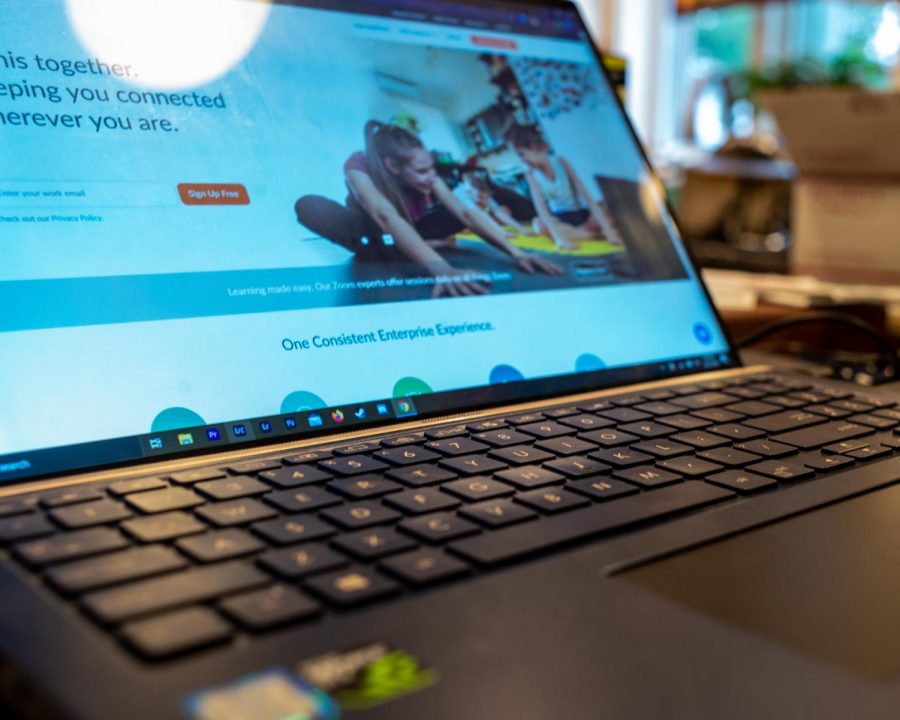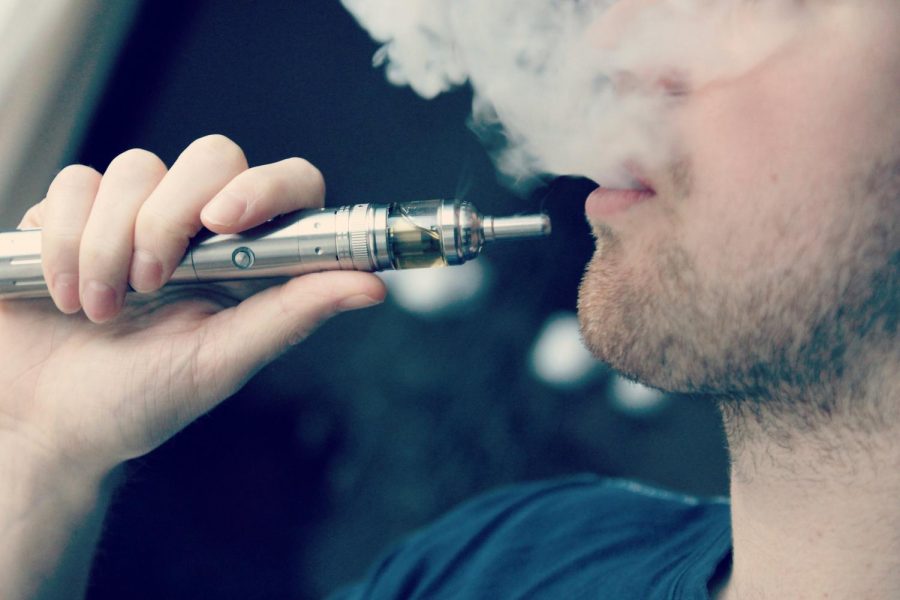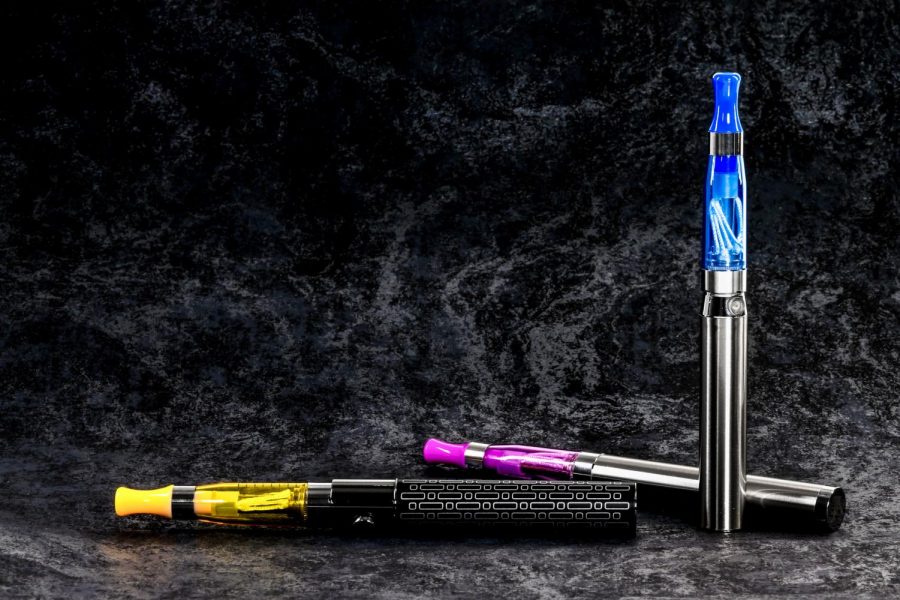Although the alcoholic energy drink first hit shelves several years ago, it’s come to prominence only recently. However, due to the widely publicized news coverage of illness and injury related to Four Loko, its fast track to fame may be coming to a legal halt. Don’t be surprised if Four Loko’s highly concentrated, intoxicating ingredients are curbed or outlawed sometime in the near future. Several state attorneys general have queried the Food and Drug Administration about banning the 23.5 oz. beverage nationwide including those in Washington, New York and New Jersey.
Four Loko’s main ingredients include guarana, which is a natural, yet very strong caffeine, found in South America. In addition, the beverage contains the caffeine ordinarily found in coffee. Its recipe also boasts taurine, which is an amino acid thought to enhance athletic performance. Many energy drinks contain it. However, the drink’s most controversial ingredient is the high concentration of alcohol. At between 11 and 12 percent, this little inexpensive drink packs a big punch. Less than $3 per can, it’s a binge at a bargain.
The manager at Liquors 44 in Hadley told me he’s sold more than 1000 of each Four Loko’s nine flavors since the store began carrying the product a few months ago.
Since it only takes one of these potent drinks to become inebriated regardless of the imbiber’s sex, the beverage has lethal potential. At Central Washington University last month, several students consumed so much of it that their blood alcohol levels were in the fatal range.
On Four Loko’s Facebook fan page (with which I have mutual underage friends), young drinkers post their experiences. Many comments provide testimony to the drink’s “blackout” effect, which many seem to believe is one of the product’s selling points. However, one post struck me as very chilling. “FOUR LOKOS SHUD BE ILLEGAL.” Underneath, the poster elaborated, “I almost died the first time i drank em hahaha and im never doin that again.”
Guzzling just two of these 23.5 ounce intoxicants is the equivalent of chugging 12 beers. Dr. Martha Rosenthal, a professor of physiology and neuroscience at Florida Gulf Coast University, doesn’t recommend doing this. “So if you chug 12 beers at once (or two Four Lokos), your body needs to essentially metabolize 12 hours’ worth right away. It can’t do this, so the alcohol builds up in your bloodstream and does nasty things like shutting down the respiratory centers of your brain.”
A 2006 Wake Forest University study put the alcohol and energy drink combination to the test. Of the 4,271 North Carolina college students who participated in the study, 697 reported mixing alcohol with an energy drink in the past 30 days. The results were alarming. Students who mixed the two beverages were more likely to sexually assault or be sexually assaulted. They were more likely to ride in a car with an intoxicated driver. They were more likely to be injured and receive medical treatment.
So what is a viable solution to stopping the Four Loko toxic phenomenon? Banning it on individual campuses, which many college administrators nationwide have already done, will not stop students from buying and consuming the beverage off-campus. The drink’s infamy has only added to its attractiveness. The Wake Forest study suggests adding warning labels to energy drinks noting the danger of mixing them with alcohol. However, the warning/information label nudge almost always fails. (Think of the caloric content printed on Oreos packages that you pay no mind to)
Four Loko is not like other alcoholic beverages such as beer, wine, or even hard liquor in the sense that it does not make consumers feel as drunk as their blood alcohol level actually would show. This can lead to dangerous over-consumption. Furthermore, because those who drink Four Loko aren’t fully aware of their intoxication, they often believe they can drive. The liability of consuming this drink trumps personal responsibility in this case. The most important thing to remember is that Four Loko is the face of a larger issue, and because of its enormous sales and popularity, if it is banned as an individual product, surely an imitation(s) will fill its void. Therefore, the FDA should act to ban the manufacturing and sale of all energy-alcoholic beverages.
College students and those even younger will no doubt continue to mix their own questionable concoctions: Red Bull and vodka, for example. However, they do not need the assistance of the alcohol industry creating the most dangerous recipes they can think of, and selling them in one cheap, easily accessible can.
Shane Cronin is a Collegian columnist. He can be reached at [email protected].







